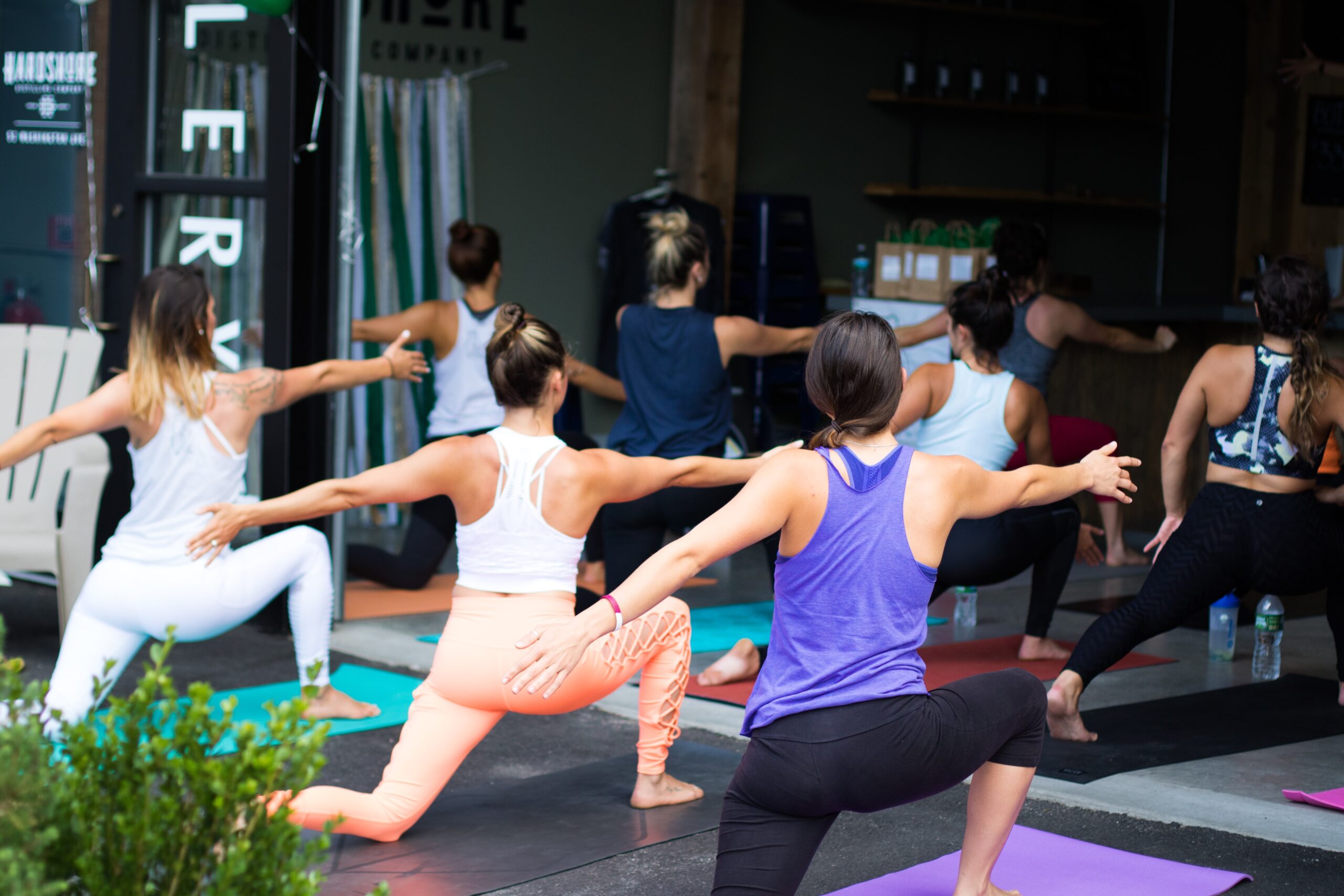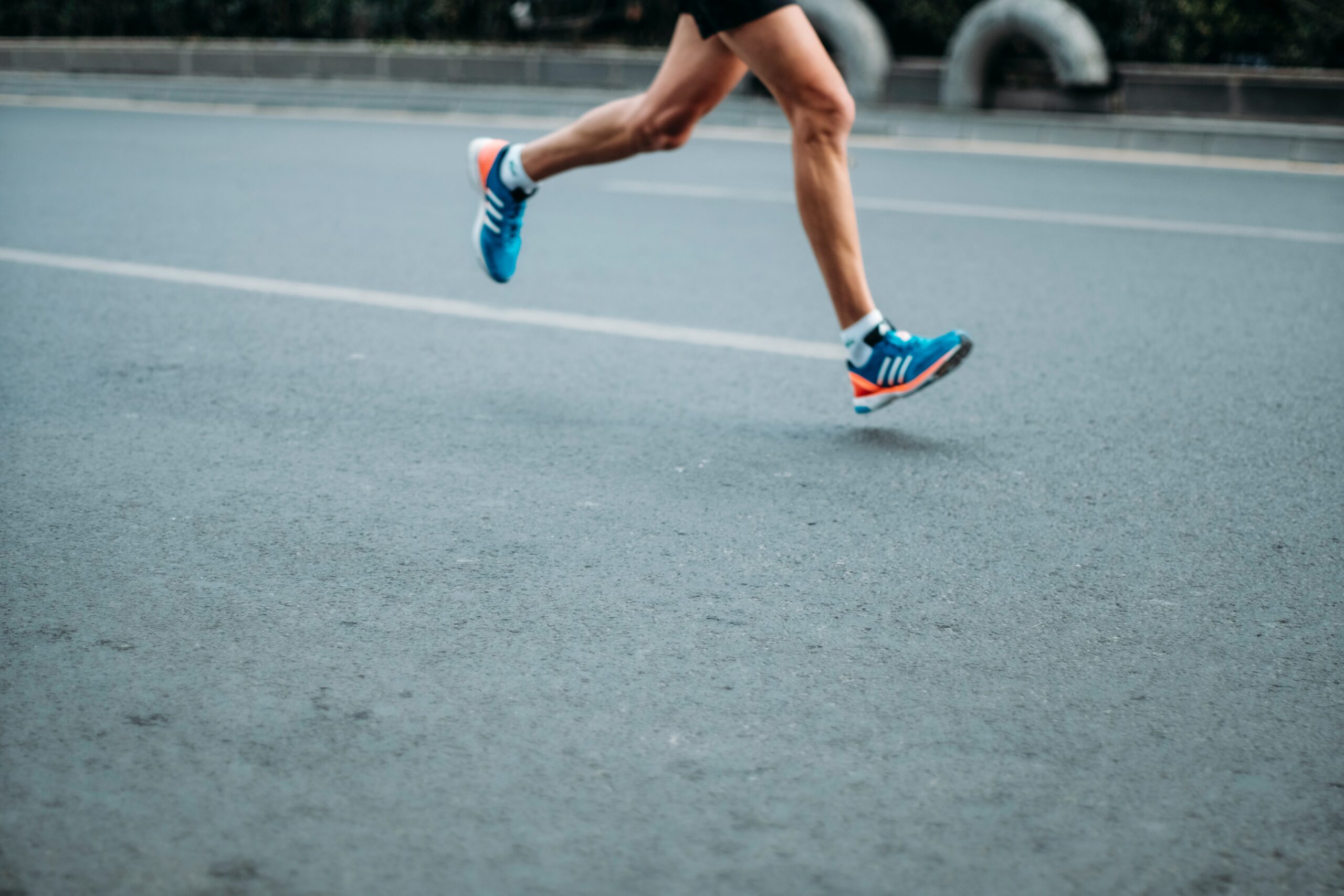Addiction in the United States continues to destroy lives at alarming rates every year. At the same time, Covid-19 has put gasoline on that fire through isolation. During this period, people have either relapsed or looked for ways to self-improvement for continued recovery. And, while gyms and classes have been limited, many have turned to alternative ways to exercise like running and walking. According to the National Institute on Drug Abuse, Exercise is proven to help with addiction when combined with cognitive behavioral therapy. It naturally releases endorphins that will boost your addiction recovery. In fact, you may become addicted to it! Integrating exercise into drug and alcohol rehabilitation is a seemingly simple method that can improve your overall health in tandem with healthy eating habits. While substantial research on the connection between exercise and relapse rates are yet to be sufficiently analyzed, you can see enough positives through anecdotal data that appears to be only positive.

How Does Exercise Help with Recovery?
Integrating exercise routines into recovery programs can help recovering addicts in a variety of ways. First, it will work to increase your physical and mental health (it’s also good for you soul). Likewise, exercising regularly helps nurse your body back to health. By lessening craving and withdrawal symptoms, recovering addicts will feel better, allowing them to focus on their sobriety. It also decreases stress and anxiety, reduces the risk of depression, and will definitely improve self-esteem. For most, it will be a welcome distraction from obsessing about drugs and booze. Similarly, exercise can act as a healthy replacement. After even just one period of exercise, dopamine is released in the pleasure portion of the brain, the same as it would after substance use. Since the brain cannot distinguish these triggers, a dose of exercise can activate those same pleasure centers in a healthy, positive way.

Exercise Combats a Variety of Health Problems
For people in addiction recovery, exercise can be a vital coping tool. For example, when triggers arise, you can go out for a walk, run or strength building at home. Exercise can also jump start weight loss, reduce risk of heart disease, diabetes, obesity, and so much more. It can also reduce risk for some cancers like colon, breast, uterine, and lung cancer. Another added benefit comes from participating in group exercise, as recovering addicts can build a new social support system. Remember, recovery is not just about not drinking or using, it’s about creating a fulfilling and happy life without substances!
Creating a Healthy Routine
Recovering addicts typically find themselves with a lot of free time as their journey into sobriety begins. Prior to that, addiction was a fulltime job for most as the chase for drugs is endless cycle. If this vacuum is left unattended, then relapse will begin to set in. Whether it’s running, walking or a yoga class, these activities are a place to go and someone to do it with that will only spark your recovery and help fill the hours of the day. In fact, most people with busy schedules are highly productive. Essentially, exercise (along with other routines) will fill your days, have you tired for bed and not thinking about using or drinking!
Simple Path Recovery is a beach side, boutique addiction treatment center located in Pompano Beach, FL. Recognized as a Top Florida Drug & Alcohol Rehab, Simple Path is committed to individualized care, 12-step integration, and Medication Assisted Treatment (MAT). Their addiction helpline is available 24/7 at 855-467-3625.About the Author
Matthew Koenig is the principal of Last Call Marketing, which devotes their efforts to Digital Marketing, Content Marketing, Website Design and SEO, primarily in healthcare and tourism concerns. Mr. Koenig is based out of South Florida. His sober date is June 10, 2013.








